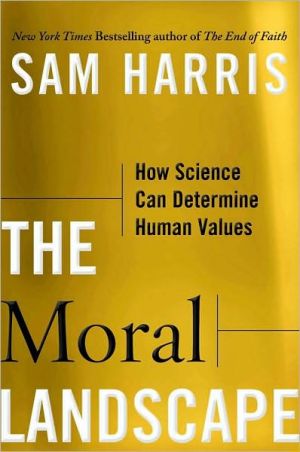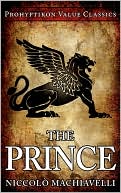Metaphysics in Ordinary Language
In this collection of philosophical writings, Stanley Rosen addresses a wide range of topics - from eros, poetry, and freedom to problems like negation and the epistemological status of sense perception. Though diverse in subject, Rosen's essays share two unifying principles: there can be no legitimate separation of textual hermeneutics from philosophical analysis, and philosophical investigation must be oriented in terms of everyday language and experience, although it cannot simply remain...
Search in google:
In this collection of philosophical writings, Stanley Rosen addresses a wide range of topics - from eros, poetry, and freedom to problems like negation and the epistemological status of sense perception. Though diverse in subject, Rosen's essays share two unifying principles: there can be no legitimate separation of textual hermeneutics from philosophical analysis, and philosophical investigation must be oriented in terms of everyday language and experience, although it cannot simply remain within these confines. Ordinary experience provides a minimal criterion for the assessment of extraordinary discourses, Rosen argues, and without such a criterion we would have no basis for evaluating conflicting discourses: philosophy would give way to poetry. Library Journal This collection of thematically diverse essays includes three that are newly published and two greatly revised. Running through them are Rosen's beliefs that philosophical problems arise in the context of ordinary life and that, because we are historical beings, we should see philosophical theorizing historically. He discusses, among other topics, philosophy and ordinary experience; reason, freedom, and modernity; and Plato, Nietzsche, Gadamer, Heidegger, and Wittgenstein. Rosen (philosophy, Boston Univ.) writes about "nothing" as though logical empiricism, modern logic, and Paul Edwards's Encyclopedia of Philosophy article on that subject never existed; and his remarks on what "deep" means in terms of mathematics seem like a bad joke. His writing is so murky that the book is like a labyrinth without Ariadne's thread. Not recommended.--Robert Hoffman, York Coll., CUNY Copyright 1999 Cahners Business Information.
PrefaceAcknowledgments1Suspicion, Deception, and Concealment12The Lived Present153Erotic Ascent394The Golden Apple625The Problem of Sense Perception in Plato's Philebus816Forms, Elements, and Categories1027Techne and the Origins of Modernity1128Sad Reason1269Transcendental Indeterminateness14410Freedom and Reason16411Interpretation and the Fusion of Horizons18212Is There a Sign of Freedom?20213Philosophy and Ordinary Experience21814Nothing and Dialectic24015Kojeve's Paris: A Memoir258Notes279Index288
\ Library JournalThis collection of thematically diverse essays includes three that are newly published and two greatly revised. Running through them are Rosen's beliefs that philosophical problems arise in the context of ordinary life and that, because we are historical beings, we should see philosophical theorizing historically. He discusses, among other topics, philosophy and ordinary experience; reason, freedom, and modernity; and Plato, Nietzsche, Gadamer, Heidegger, and Wittgenstein. Rosen (philosophy, Boston Univ.) writes about "nothing" as though logical empiricism, modern logic, and Paul Edwards's Encyclopedia of Philosophy article on that subject never existed; and his remarks on what "deep" means in terms of mathematics seem like a bad joke. His writing is so murky that the book is like a labyrinth without Ariadne's thread. Not recommended.--Robert Hoffman, York Coll., CUNY Copyright 1999 Cahners Business Information.\ \








